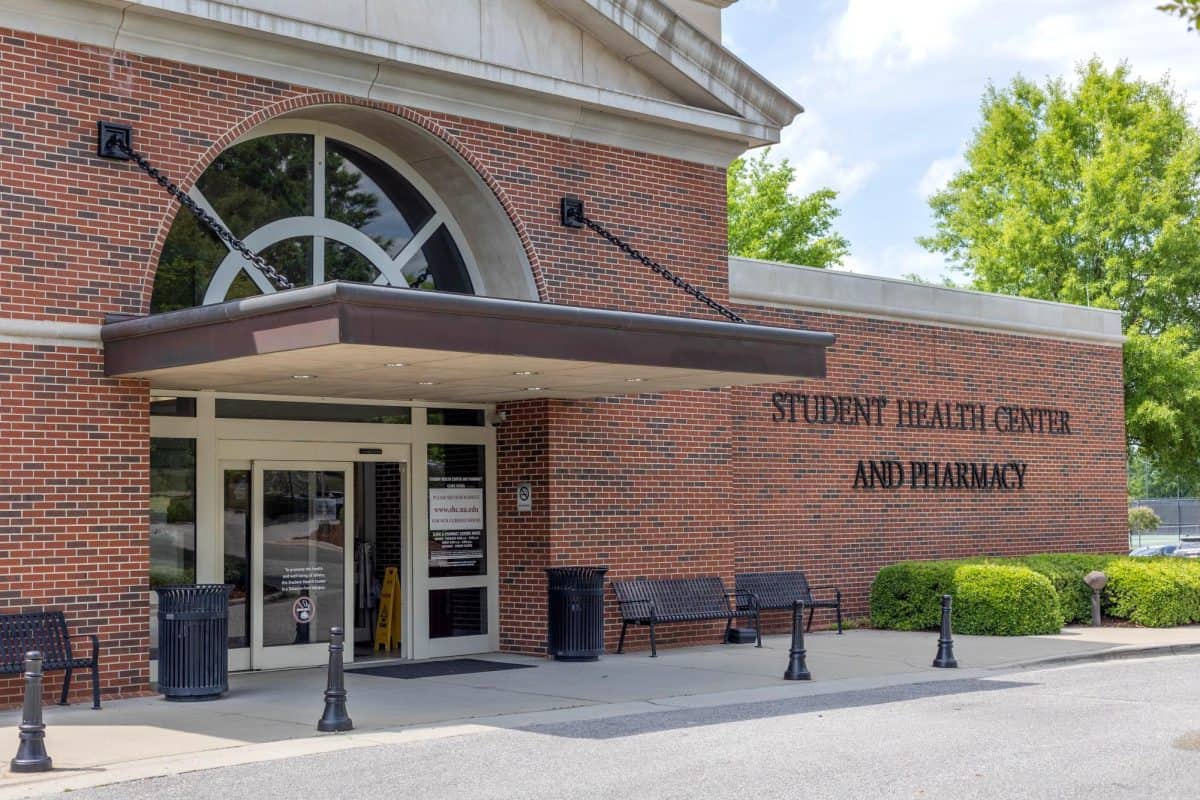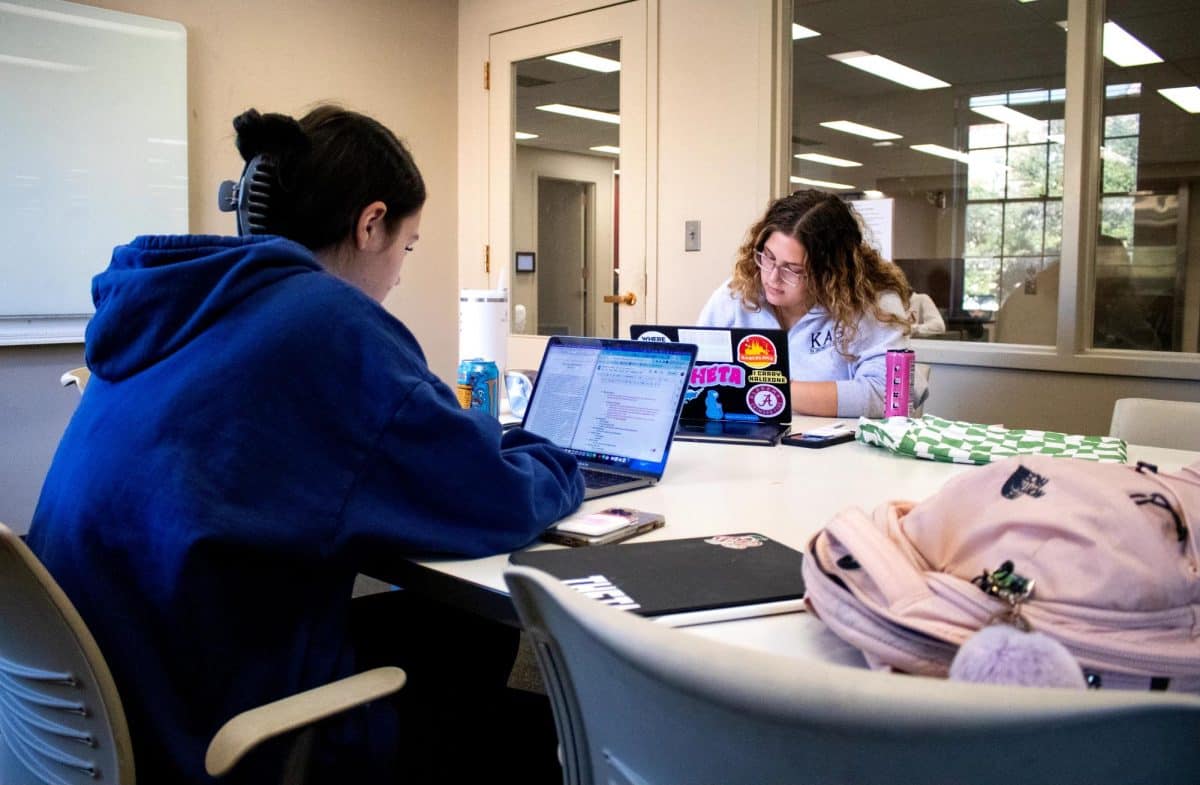College is a difficult time in our lives. Students leave home and our families and friends for a whole new community with challenges that we have to navigate without our familiar comforts. It’s completely natural to feel stressed or scared or sad, and The University of Alabama has resources for people who do feel that way.
That being said, those resources are not perfect. Navigating UA’s mental health resources is excessively stressful, with factors such as the lack of a dedicated crisis line contributing to emotions of fear and shame about seeking help.
The UA crisis line can be accessed one of two ways: by calling the main counseling center line during operating hours or by calling campus police during off hours. Calling the police has negative associations for many people, especially members of minority groups, and as such, the current system discourages students from using one of campus’s most valuable tools for mental health when they often need it most. Students shouldn’t have to feel like they are reporting a crime or endangering themselves by asking for help.
On top of that, the lack of embedded therapists in several departments — including the College of Arts and Sciences, the largest college at the University — and a limit of 15 sessions per student in one academic year restricts accessibility of affordable mental health services for a vast amount of students.
While students of these colleges can certainly still access care through the main counseling center, it can be difficult to get to the South Lawn office building for those students who don’t have access to a car. Additionally, students have busy schedules, and taking public transit eats into valuable time. University counseling is one of the most affordable means to receive mental health care for students of the university and limits to its accessibility mean that students oftentimes find themselves unable to receive any sort of professional help.
The 15-session limit creates unnecessary worry and disruption for students in the midst of the healing process. Worrying about session limits can cause students to ration how often they seek mental health help. It applies pressure to feel like one cannot truly see anyone for their mental health concerns long-term. 15 sessions is an arbitrary limit. It isn’t quite enough for two appointments per month, but it’s more than people would use for one-off personal problems like stress. Limiting the number of sessions that students can seek through the University is necessary to alleviate stress on the counseling center; however, the center should reevaluate what those limits are so that it can better serve the community.
Alabama has many good options for mental health resources, but accessing them can be a challenge. These barriers to treatment can restrict students from receiving the type of care that they need for their mental wellbeing. The University must re-evaluate its process from the students’ perspective and work to remove these obstacles for the health and happiness of all its students.









